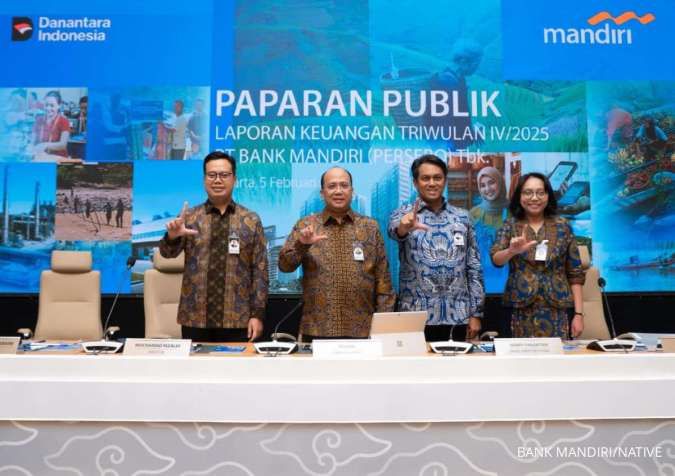JAKARTA. Indonesia will benefit from Asia’s emerging position as the new epicenter of the global economy, as long as Southeast Asia’s largest economy is able to resolve impending political and economic issues, analysts say. According to DBS Bank economist Gundy Cahyadi, Indonesia is likely to post 5.9 percent economic growth next year as global economic power shifts from the US and Europe to Asia. Gundy predicted investment growth would be higher in 2015, on the back of a recovering rupiah and a reduction in political tensions in the country. At the current rate, he predicted investments would grow by 10 to 12 percent.
RI can grow if political tension subdued
JAKARTA. Indonesia will benefit from Asia’s emerging position as the new epicenter of the global economy, as long as Southeast Asia’s largest economy is able to resolve impending political and economic issues, analysts say. According to DBS Bank economist Gundy Cahyadi, Indonesia is likely to post 5.9 percent economic growth next year as global economic power shifts from the US and Europe to Asia. Gundy predicted investment growth would be higher in 2015, on the back of a recovering rupiah and a reduction in political tensions in the country. At the current rate, he predicted investments would grow by 10 to 12 percent.

